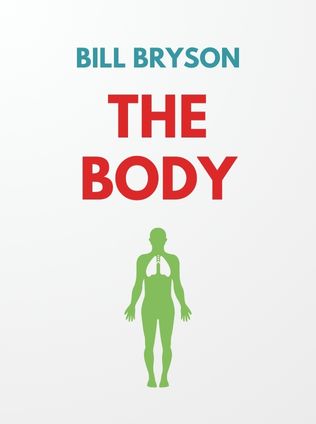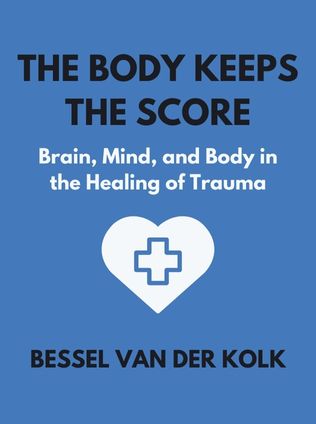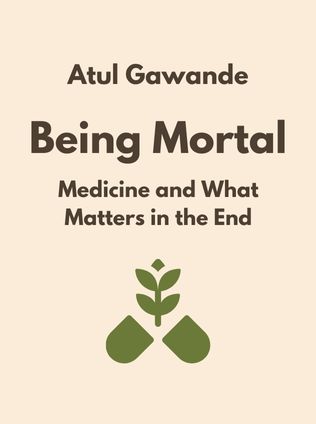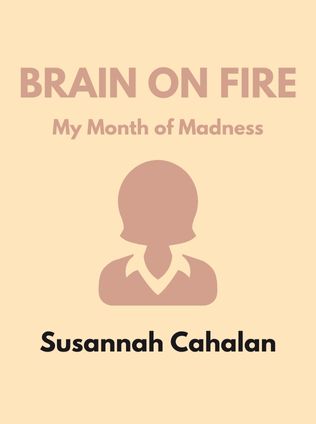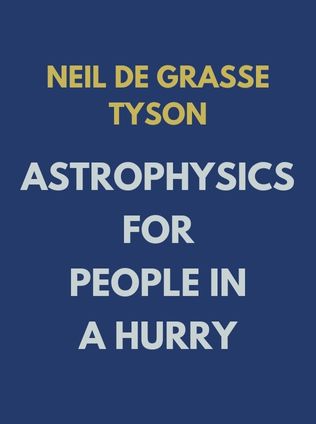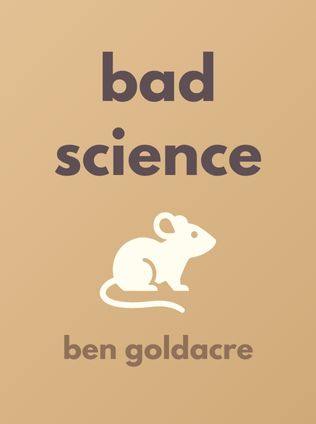
About the Author
Ben Goldacre is an acclaimed author, medical doctor, and academic known for his critical examination of the flaws within the medical and scientific industries. A graduate of Oxford University, Goldacre has dedicated much of his career to unveiling the corrupt practices in the healthcare and pharmaceutical sectors. His background in medicine, coupled with his sharp analytical skills, has made him a prominent figure in the field of medical journalism.
Goldacre's work is characterized by a commitment to scientific rigor and a deep concern for public welfare. In his book “Bad Science”, published in 2008, Goldacre brings to light the ways in which the public is misled by flawed research, biased reporting, and the unethical practices of some pharmaceutical companies. This book is not just a critique of the scientific community but also a call to the public to arm themselves with knowledge and skepticism in the face of misleading information.
Main Idea
At its core, “Bad Science” seeks to educate readers about the various ways in which scientific research can be manipulated to produce favorable outcomes for those funding it, often at the expense of public health. Goldacre meticulously deconstructs the methods used by researchers, healthcare companies, and the media to present skewed information to the public. His goal is to empower readers to critically evaluate scientific claims, thereby protecting themselves from being misled by bad science.
The book serves as a guide for readers to navigate through the complex world of scientific studies, highlighting the importance of understanding research methods, recognizing bias, and questioning the motives behind scientific claims. Goldacre emphasizes that science, when practiced correctly, is a powerful tool for understanding the world, but when misused, it can lead to harm and misinformation.
Table of Contents
- Introduction: The Threat of Bad Science
- Chapter 1: The Placebo Effect and the Power of Belief
- Chapter 2: Researcher Bias and Manipulation
- Chapter 3: The Role of Pharmaceutical Companies
- Chapter 4: The Impact of Media on Public Perception
- Chapter 5: The Dangers of Alternative Medicine
- Chapter 6: Case Studies of Bad Science in Action
- Conclusion: Towards Better Science
Introduction: The Threat of Bad Science
Goldacre opens his book by introducing the concept of bad science, a term he uses to describe the unethical practices that plague modern research and medical reporting. He argues that bad science is not just a minor issue; it poses a significant threat to public health and trust in science. The introduction sets the tone for the book, emphasizing the need for vigilance and critical thinking in an age where information is easily manipulated.
Goldacre writes,
“When bad science happens, it's not just scientists who are to blame. It's also the journalists who report uncritically, the public who don’t demand better, and the regulators who fail to enforce standards.”
Sign up for FREE and get access to 1,400+ books summaries.
You May Also Like
How To Win Friends and Influence People
The All-Time Classic Manual Of People Skills
By Dale CarnegieQuiet: The Power of Introverts
The Power of Introverts in a World That Can't Stop Talking
By Susan CainThe Body Keeps the Score
Brain, Mind, and Body in the Healing of Trauma
By Bessel van der KolkFactfulness
Ten Reasons We're Wrong About the World – and Why Things Are Better Than You Think
By Hans Rosling













